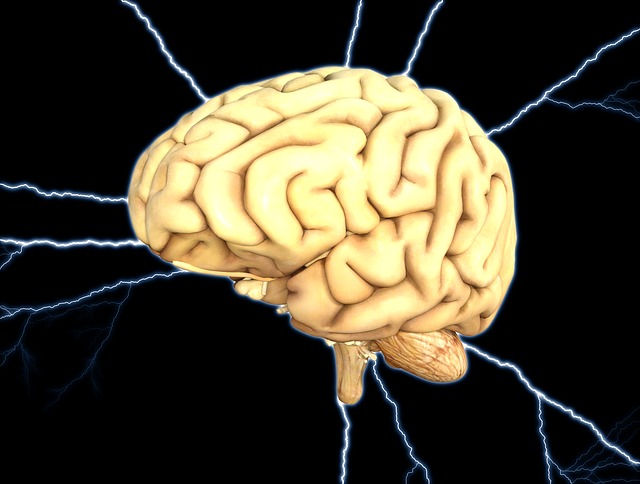This article will explore the concept of psychological stability and explain how some of our behaviours can be understood in the light of psychological stability.
Almost every system in the world interacts with some other system so that stability is attained. Every phenomenon that occurs in nature is a result of energy exchanges between two or more systems.

Whether it be the physical dynamics of motion or the chemical combination of two substances, the aim of the system components is always to lower their energy and become more stable.
There is constant excitation and de-excitation going on in all the systems of the universe. Same is the case with psychological phenomena- it all comes down to energy.
Our behaviour, most of the time, is a direct result of the energy exchanges between us and our environment. This ‘environment’ not only includes things outside of our body but also things that make up the body itself (organs, tissues, cells, etc).
Your mind is watching over your bodily functions as much as it’s monitoring the external environment. Even the thoughts that you think are considered as ‘environment’ by the mind because it responds to them in a similar fashion as it does to the external environment.

We receive energy from our external environment via the five senses. This energy (information) is processed by our mind and interpreted in a certain way.
This interpretation often happens subconsciously, unless a person has raised their level of awareness. The way we interpret this information determines what kind of emotions we experience and the actions we take.
As I said before, our mind also receives information from our internal environment i.e. our body and from our thoughts. This explains why we feel the emotion of hunger and why even thoughts (and not just the circumstances) have the power to trigger emotions.
In the former case, our mind is warning us that our calories have depleted and, in the latter case, it’s trying to make sense of the images that we’re holding in our mind.
Extra energy and psychological stability
All emotions motivate us to perform actions. How do they do so? By providing us with extra energy. As soon as we take the actions, we’re relieved of this extra energy and we attain psychological stability.
Our mind is basically an energy-generator that generates energy in the form of emotions. Do we always take action when a certain emotion is generated?
The answer is an obvious no. There is a certain threshold up to which we can tolerate the extra energy that our mind generates.
This threshold varies from person to person and from emotion to emotion. Once this threshold is reached, the extra energy of the emotions becomes unbearable and we’re forced to take action.
If due to some circumstantial pressure, we’re unable to take action, we can still channel out the energy in other ways such as talking, singing, writing, and so on. Or we may end up suppressing our emotions, but ultimately they have to leak out, even if that happens via the dreams we see at night.
When we get rid of the extra energy that our emotions charge us with, we become psychologically stable. That’s what we strive for. That’s the purpose most of the actions we take throughout the day are designed to serve.
While we’re all always trying to achieve psychological stability, the truth is we can’t fully attain it as long as we’re interacting with our environment. In other words, as long as we’re alive.
Yes, sometimes we may be more stable than at other times but 100% psychological stability can’t be attained as long as we’re receiving information from the environment.
Examples of how we try to attain psychological stability
Following are some of the behaviours that illustrate how we try to attain some degree of psychological stability:
When we feel hungry, we eat food. Hunger provides us with the energy and motivation to go and look for some food. Once we do that, we become stable again. Biologists call this tendency in organisms to attain stability homeostasis.
When someone who has low self-esteem hates you or is jealous of you, their hatred makes them unstable. They feel like putting you down. By criticizing you or gossiping about you, they ease their emotions a bit and become psychologically stable.
If someone violates your rights or treats you unfairly, you become angry. Anger charges you with energy to motivate you to take your rights back and seek fair treatment so you can become stable.
When we have dreams and goals, the thoughts of reaching them motivate us greatly. This motivation is simply our mind providing us with energy so we can take actions to achieve them.
Once we achieve them we become stable, unless we find new goals to chase, of course. And the cycle of instability, then stability, and then instability continues.
